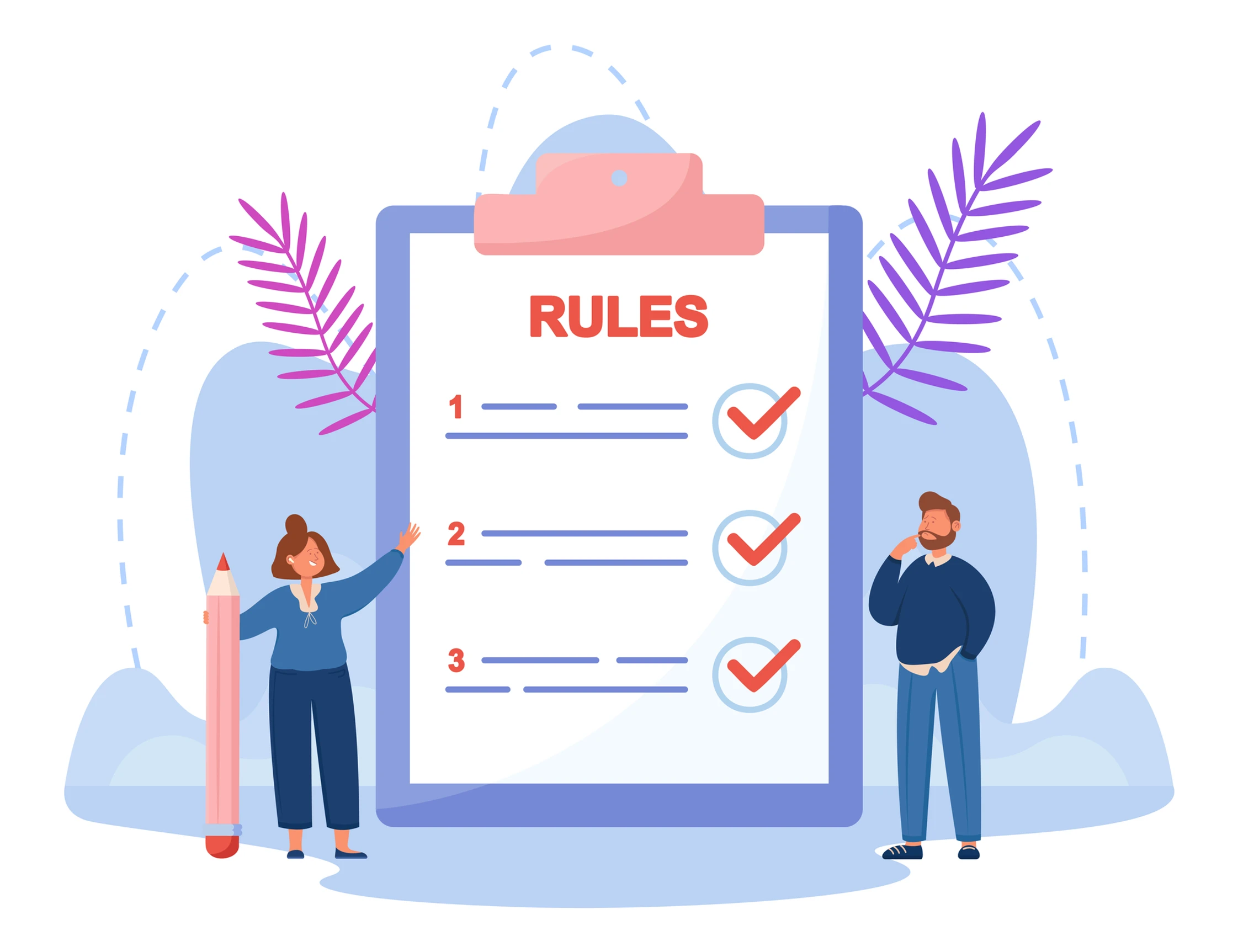toxic parenting: the adult trauma of childhood overcontrol

Growing up with excessively strict standards and rules can cause trauma, potentially leading to challenges with self-esteem, emotional regulation, and forming healthy relationships in adulthood. It gets more complicated as these parents have their identity as “being a parent” and their “happiness” becomes the child’s responsibility.
Psychological Impacts:
- Low Self-Esteem: Persistent criticism and pressure to meet unrealistic expectations can diminish a child’s self-worth, resulting in feelings of inadequacy and worthlessness.
- Anxiety and Depression: Continuous pressure and fear of failure can lead to the development of anxiety and depressive disorders.
- Difficulty with Emotional Regulation: Children who are not allowed to freely express their emotions may struggle to manage them later in life, causing outbursts or emotional suppression.
- Relationship Problems: Those who experienced childhood trauma may have difficulty forming healthy relationships due to trust issues, boundary challenges, or fear of intimacy.
- Perfectionism: Constant pressure to succeed can result in unhealthy perfectionism, where individuals cannot relax or accept mistakes.
- Dissociation: In severe cases, individuals may experience dissociation, a detachment from their thoughts, feelings, or body, as a coping mechanism for overwhelming trauma.
- Substance Abuse: Some individuals may resort to substance abuse to cope with the emotional pain and trauma from childhood.
- Difficulty with Boundaries: Those who experienced childhood trauma may struggle to establish and maintain healthy boundaries in relationships.
- Intrusive Memories: Traumatic memories may resurface unexpectedly, causing distress and disrupting daily life.
- Sleep Disturbances: Trauma can interfere with sleep patterns, leading to insomnia or nightmares.
- Somatic Symptoms: Physical symptoms, such as headaches or stomachaches, can also manifest as unresolved trauma.
Long-Term Consequences:
- Difficulty with Independence: Individuals who were constantly controlled as children may find it challenging to make their own decisions and live independently as adults.
- Difficulty with creating structure and routines
- Difficulty with cognitive flexibility to adapt to the requirements of their adult life
- Fear of Failure: The fear of not meeting expectations can lead to hesitation in taking risks or trying new things.
- Seeking External Validation: Poor self-confidence and sense of self-worth puts you at the mercy of others’ judgements and constantly looking for others’ perceptions of yourself.
- Difficulty with Trust: A lack of trust in authority figures or others can hinder the formation of healthy relationships.
- Re-experiencing Trauma: Individuals may encounter situations that trigger past trauma, causing emotional pain to resurface.
Breaking the Cycle:
• Seek Professional Help: Therapy can offer a safe environment for individuals to process their trauma and develop coping strategies.
• Build a Support System: Being surrounded by supportive friends and family can help one feel safe and understood.
• Practice Self-Care: Engage in activities that promote relaxation and well-being, such as exercise, meditation, or spending time in nature.
• Set Boundaries: Learn to say no to situations that make you feel uncomfortable or unsafe- physically and emotionally. Be very clear about what you will let in.
• Forgive Yourself: It’s important to acknowledge past experiences and forgive yourself for any mistakes you may have made. Remember you were a young person in your past and you are not responsible for the actions of the adults around you.
For psychological consultations, please write to contact@ubhcare.com or call us at +919840041737/ WhatsApp at +919047452258.
You can also book your appointment with Dr. Porrselvi A.P., PhD on https://calendar.app.google/7couq1SF8CpFarrM9
